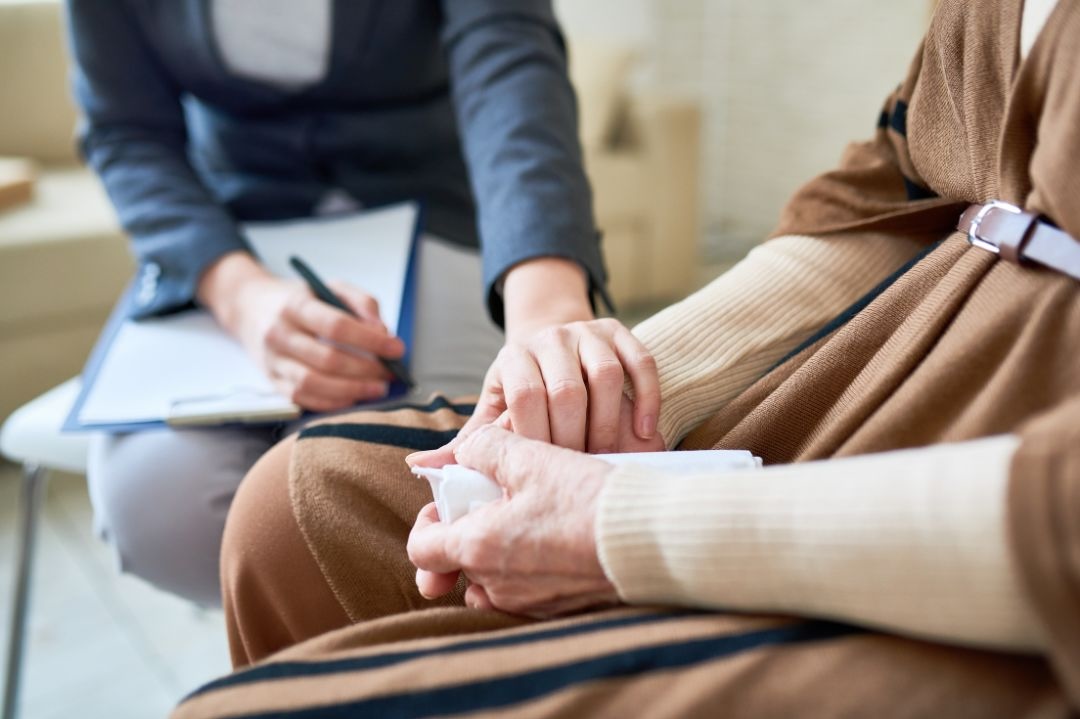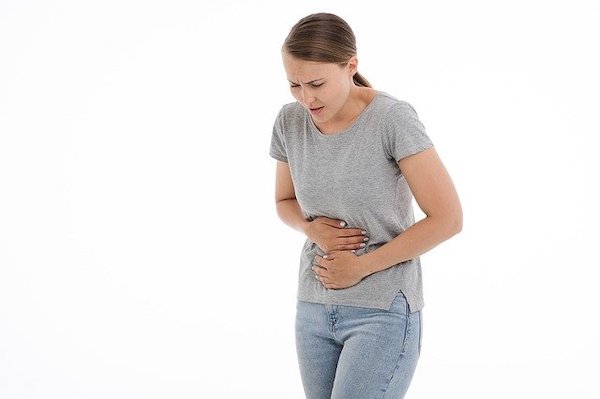This is when the stool (faeces) is loose and watery. Diarrhoea can cause frequent and urgent desires to go to the toilet. Sometimes people with diarrhoea are unable to reach a toilet in time and they become incontinent.
Diarrhoea can be both a symptom and cause of incontinence. Diarrhoea can be chronic (ongoing or recurring) or acute (sudden).
What are the Symptoms of Diarrhoea?
- Unwanted and frequent passing of watery or loose stool
- Abdominal pain, cramping and bloating
- Nausea and loss of appetite
- Sometimes diarrhoea is accompanied by a fever or bloody stool.
 What causes Diarrhoea?
What causes Diarrhoea?
Similar to other common complaints including constipation, irritable bowel syndrome and haemorrhoids, diarrhoea is a problem that needs addressing before it becomes more serious. There are many possible causes of diarrhoea which include:
- An acute infection in the bowel, such as gastroenteritis or food poisoning, which may be accompanied by vomiting
- Some medicines e.g. antibiotics
- Eating too much fibre – including large quantities of dried fruit or pure fruit juice
- Using too many laxatives
- Anxiety and stress
- Caffeine, artificial sweeteners, too much alcohol, and sweets containing sorbitol can cause bouts of diarrhoea.
Sometimes Diarrhoea can be a symptom associated with other bowel problems such as:
- Irritable bowel syndrome (IBS). IBS affects up to one in five of the population. This condition can cause a very variable bowel habit alternating b constipation and diarrhoea together with abdominal discomfort and bloating
- Sometimes, diarrhoea can last for a long time; this can be as a result of an inflammatory bowel disease such as Ulcerative Colitis or Crohn’s disease
- Sometimes people who have had a major operation to remove or reconstruct part of the bowel have problems with diarrhoea and poor bowel control afterwards. Removal of part of the bowel can result in less water being absorbed from the stools and the development of looser bowel motions
- Following radiotherapy especially of the pelvic area.
How to manage Diarrhoea
Most episodes of acute diarrhoea will settle naturally. You can help control attacks by resting and avoiding solid foods for a few hours or even a day, depending on the severity of the attack. The most important thing you need to remember is to remain hydrated by drinking plenty of fluids. The minimum recommended daily fluid intake for an adult is between 1.5-2 litres (6-8 glasses).
If the attack does not stop after a few hours, taking an anti-diarrhoea tablet may help such as loperamide (follow manufacturer’s instructions).
If diarrhoea persists for more than a few days you should visit your GP as soon as possible or refer to the advice on dealing with diarrhoea from NHS online.
Recurrent Diarrhoea
Recurrent diarrhoea is a common symptom that is often associated with IBS. Recurrent diarrhoea may also be linked to stress and worry, for example, some people may suffer from a bout of diarrhoea before a job interview or a big event. 60% of British adults have experienced digestive problems when undergoing stressful situations.
Another possible reason behind recurrent diarrhoea could be diet. You could be eating the wrong sort of food or eating too much of a type of food. Alcohol is also a common factor. If you can link recurrent bouts of diarrhoea with a certain type of food or after alcohol then avoid these foods/drinks to see if this eliminates the problem.
Further Help for Diarrhoea
If you are concerned about your problem and it is starting to affect your day to day life make an appointment to see your doctor, continence nurse or specialist physiotherapist. A continence nurse and specialist physiotherapist are healthcare professionals who specialise in bladder and bowel problems.









